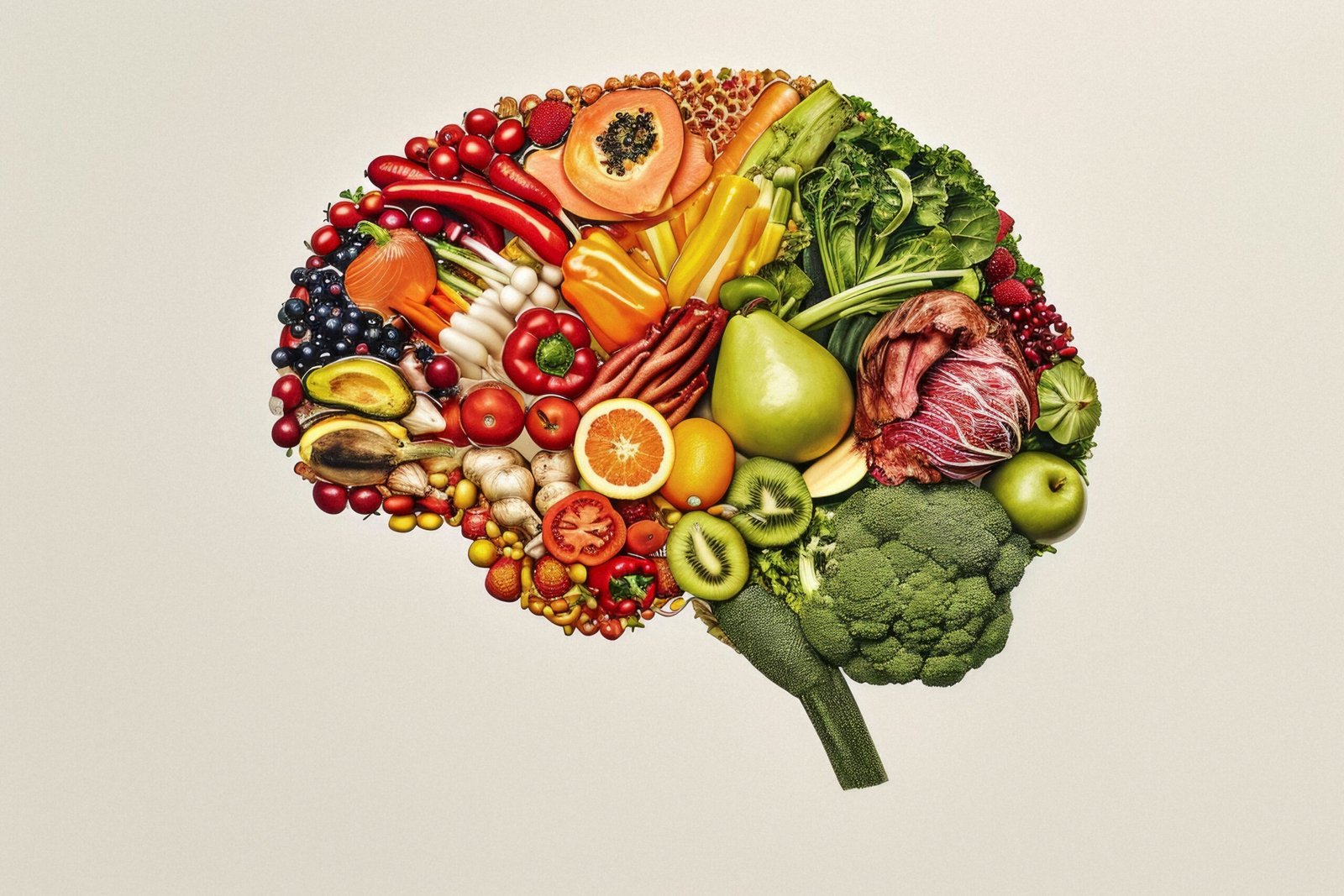Exploring the Connection Between Probiotics, Prebiotics, and Mental Health
In the innovative study conducted by Merve İnce Palamutoglu and colleagues at Acibadem Mehmet Ali Aydinlar University, a significant link between the intake of probiotics and prebiotics and both gut and mental health has been uncovered. The research focused on young adults and provided insightful data on how our diet influences our overall well-being.
Key Findings from the Study
The study involved 538 participants, most of whom were female, and utilized comprehensive surveys to evaluate the consumption of probiotic and prebiotic foods. It found that daily consumers of yoghurt exhibited dramatically lower gastrointestinal symptoms as measured by the Gastrointestinal Symptom Rating Scale. Furthermore, a similar positive impact was seen with the consumption of ayran, a traditional yoghurt-based beverage, which was linked to better stool consistency and overall bowel health.
On the mental health front, the frequency of consuming these probiotic and prebiotic foods had a noticeable effect on the participants’ mental well-being. Regular intake was associated with significantly lower scores on the Depression Anxiety Stress Scale-42, indicating reduced symptoms of depression, anxiety, and stress.
Understanding the Gut-Brain Connection
This research adds to the growing body of evidence supporting the gut-brain axis, the biochemical signalling that takes place between the gastrointestinal tract and the central nervous system. Probiotics and prebiotics may play a key role in this communication pathway. Probiotics help in maintaining a healthy gut microbiota which is crucial not just for digestion but also plays a crucial role in mental health. Prebiotics, which feed these beneficial bacteria, can enhance their effects, promoting an environment that supports both physical and mental health.
Practical Advice for Diet and Health
For individuals looking to improve their mental and gut health through dietary means, this study suggests incorporating more fermented foods like yoghurt and kefir, as well as fibre-rich prebiotic foods such as bananas, garlic, onions, and whole grains. These foods help cultivate a healthy gut microbiota, which, according to the study, could be instrumental in improving mental well-being.
Conclusion
The study conducted by Palamutoglu and colleagues provides compelling evidence of the benefits of probiotics and prebiotics not only for gut health but also for mental well-being. Regular consumption of these beneficial foods can lead to significant improvements in gastrointestinal symptoms and mental health scores, showcasing the profound impact of diet on the gut-brain axis. This research highlights the potential therapeutic benefits of dietary modifications as a means to enhance both mental and physical health, encouraging a greater focus on the inclusion of probiotic and prebiotic-rich foods in our daily diets. Embracing these dietary changes can be a strategic and natural approach to managing and potentially improving mental health and overall quality of life.





